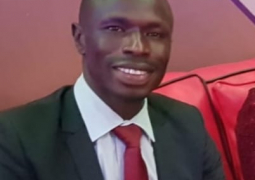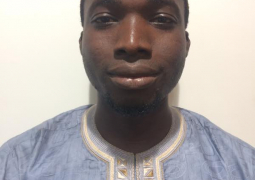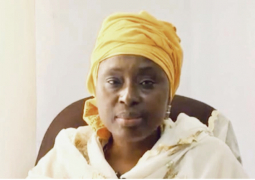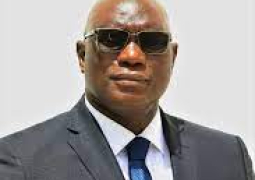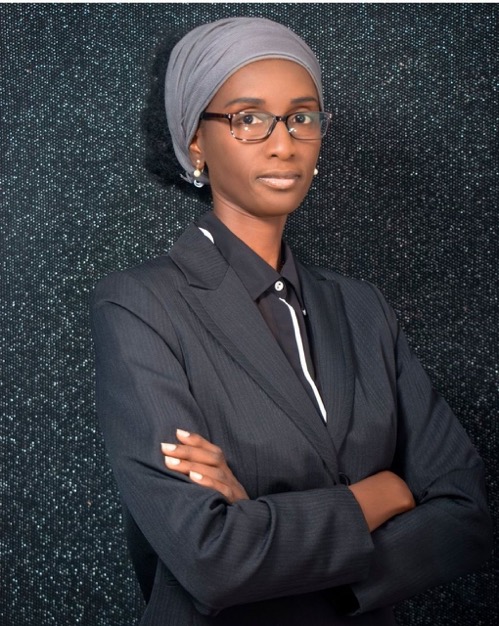
In the context of the celebrations, Neneh M.C Cham, president of the Gambia Bar Association, said the bench-bar relations signify the friendly rapport between legal practitioners and judges, adding that both have crucial roles to play in ensuring justice.
She said further that the relationship was fundamental to the administration of justice. “Lawyers represent their clients’ interests in court, while judges make impartial decisions based on the law,” she said.
GBA president said the Bench-Bar relations effectively refers to the dynamic interaction and cooperation between lawyers and judges within the legal system.
“Maintaining a professional harmonious and collaborative partnership of mutual respect between the Bar and the Bench is crucial for the effective functioning of the legal system, and it requires understanding from both sides without which the courts cannot effectively provide justice,” she pointed out.
She also said that despite occasional disagreements, maintaining cooperative and respectful relationships between those two pillars of the legal system was crucial for the effective administration of justice.
The Chief Justice, Hassan B. Jallow, said the focus of the legal year activities gives them time to reflect on how they could improve on the machinery of justice, identify the challenges in the system and try to work together to identify solutions to those challenges.
The Chief Justice added that the Bench and the Bar could be one of the most important stakeholders in the delivery of justice, stating that it was important they met occasionally to not only have an overall view of the challenges but also discuss how each of them could improve their work.
During his presentation, Muhammed Ayat, United Nations Special Rapporteur, deliberated on enforced disappearance and the international instruments that guided it.
According to the International Convention on Enforced Disappearance, Justice Ayat explained that enforced disappearance was considered to be the arrest, detention, abduction or any other form of deprivation of liberty by agents of the state or by persons or groups of persons acting with the authorisation, support or acquiescence of the state, followed by a refusal to acknowledge the deprivation of liberty or by concealment of the fate or whereabouts of the disappeared person, which place such a person outside the protection of the law.


